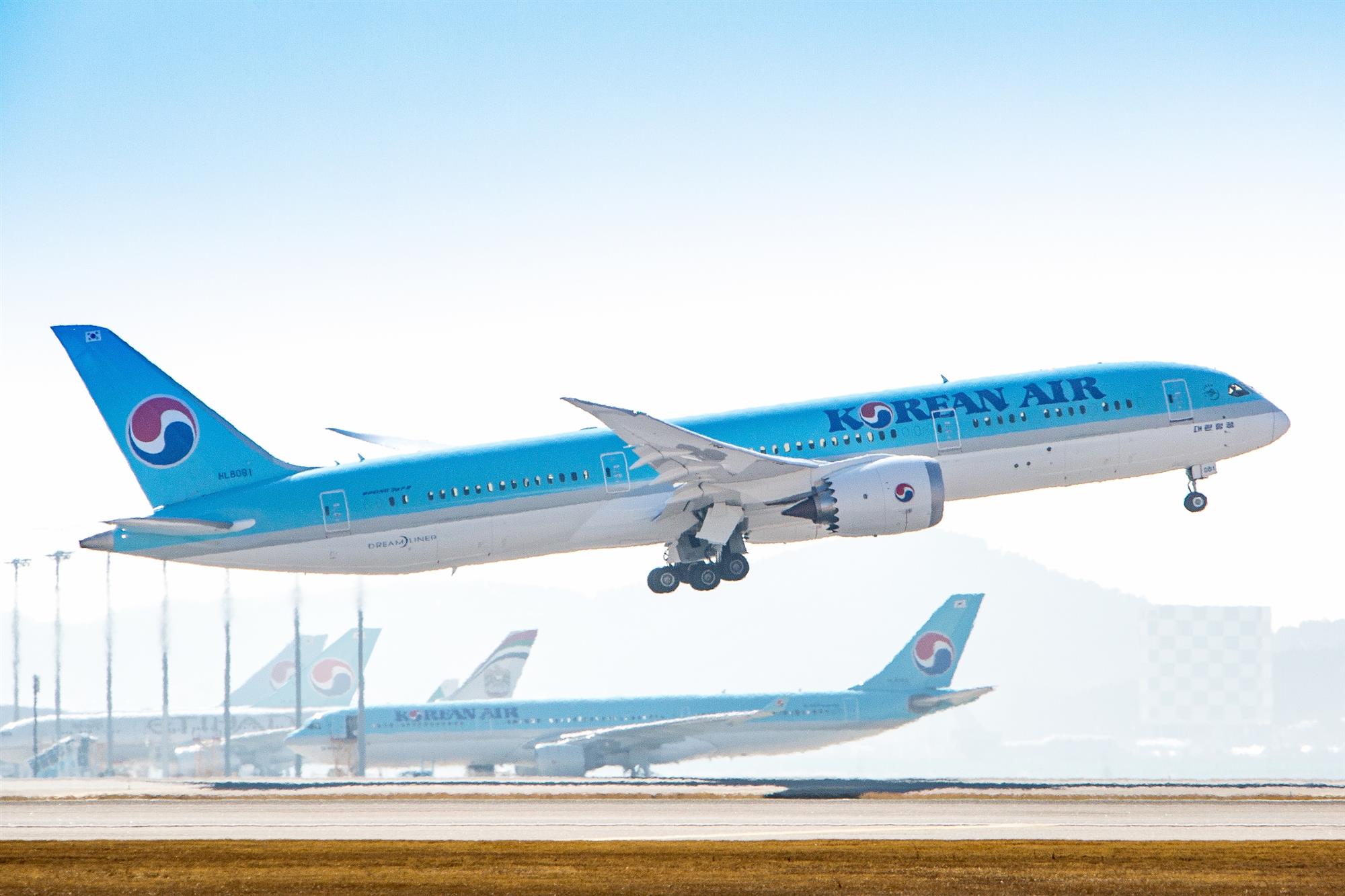Korean Air expects air cargo demand to remain largely weak in the second quarter amid continued global market uncertainties — although it signalled optimism about the pace of recovery of its passenger business.
The South Korean flag carrier gave the outlook as it reported its non-consolidated financial results for the first quarter which showed the carrier achieving a revenue of KRW 3.1959 trillion (US$2.4512 billion) in the January-March, 2023 period for a 14% year-on-year increase following the steady recovery of travel demand and continued profitability of its cargo operations.

Source: Korean Air
It noted, however, that the rise in fuel prices and increase in operating costs due to expanded aircraft operations has led the airline to record an operating profit of KRW 415 billion (US$ 318.3 million) — a 47% decrease year-on-year.
For the first quarter, Korean Air's cargo business revenue fell by 51% year-on-year in the first quarter to KRW 1.485 trillion.
"The business has been affected by the global economic slowdown and the decrease in shipment rates following the increase in passenger aircraft belly cargo capacity," the carrier said in a statement.
Meanwhile, its passenger business for Q1 saw revenue rose by 394% year-on-year to KRW 1.7777 trillion backed by "strong travel demand" that has been fueling the steady recovery in capacity and passenger numbers.
"The airline's passenger business revenue has almost recovered to pre-COVID levels of Q1 2019 and is on its path to full normalization," Korean Air said.
For the second quarter, the airline expects global passenger demand to rapidly recover in Q2, especially with the relaxation of travel restrictions around the world.
On the other hand, Korean Air signalled rather bleak expectations on its cargo business for the April-June period, owing to ongoing global challenges impacting air freight and supply chains.
"Korean Air plans to closely monitor the market and secure new freight demand to expand its revenue scope. The airline also seeks to expand sales opportunities by flexibly utilizing passenger aircraft belly cargo capacity on resuming routes," it added.